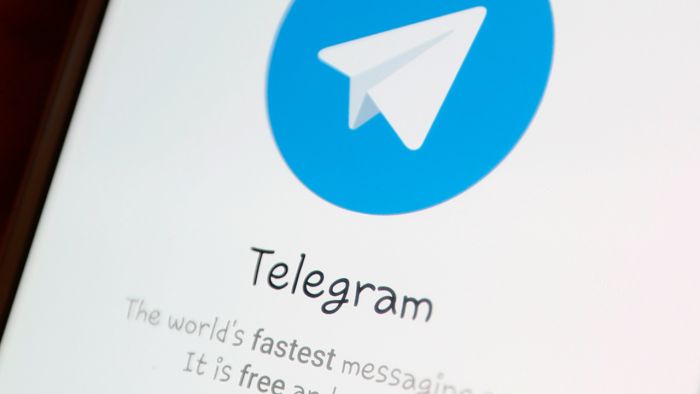Brazil’s Congress, Supreme Court, election authorities, and federal police have been attempting to contact Telegram, a rapidly developing messaging service, for months without success. As it turned out, all they needed to do was prohibit it from being used.
The Supreme Court of Brazil ordered Telegram to be banned in the nation on Friday, citing the fact that the firm behind the programme has been disobeying court orders.
Finally, Telegram’s CEO answered — but with an unimpressive explanation: his business had failed to receive the court’s email notifications. “I sincerely apologise to the Brazilian Supreme Court for our oversight,” said Pavel Durov, the company’s chief executive.
In response to the court’s instructions, Telegram moved rapidly over the weekend to comply, including deleting confidential material provided by the account of President Jair Bolsonaro and erasing the accounts of a prominent follower of Mr. Bolsonaro who has been accused of disseminating disinformation.
However, Telegram went over and above in an attempt to avoid being banned. A number of additional modifications were made by the app in Brazil in order to fight disinformation on the platform, which has troubled Brazilian authorities ahead of the presidential elections in October. Some of the improvements include boosting verified information in Brazil and flagging bogus messages as erroneous. Employees will also monitor the 100 most popular channels in Brazil, which account for 95 percent of views of public posts in the nation, according to Telegram.
“The app has always been eager to work with the government,” said the developer. According to Alan Thomaz, Telegram’s lawyer in Brazil who was appointed on Sunday as part of Telegram’s answer to the court, “what transpired was a misunderstanding about communication.”
The court’s reversal came so quickly that the ban never had a chance to take effect. While the court’s decision remained in effect for two days, the ban gave internet service providers, cellular firms, as well as Apple and Google, five days to comply with the ruling.
A Supreme Court justice who has emerged as a major opponent of Mr. Bolsonaro, Alexandre de Moraes, was responsible for both instituting and lifting the ban. He is in charge of a number of investigations involving the president and his political friends. Despite Mr. Bolsonaro’s criticism of the prohibition, which he described as “unacceptable,” his government moved immediately to oppose it in court.
As a result of its long-standing policy of taking a hands-off approach to material on its applications, Telegram has become popular with right-wing users who claim that their views are blocked on more mainstream social networks. For Mr. Bolsonaro, who has roughly 1.1 million followers on Telegram, this has translated into the app being a significant broadcast medium. He has fewer than 50,000 supporters, compared to his closest contender in the 2020 presidential campaign, former President Luiz Inácio Lula da Silva.
Brazil is a significant market for Telegram, and the firm’s failure to get entry to the nation would have been a serious setback for a business that has been rapidly gaining in popularity in recent months. The messaging software Telegram has been downloaded about 85 million times in Brazil since its launch in 2014, with 29 percent of those downloads occurring last year, according to Sensor Tower, an app analytics company.

